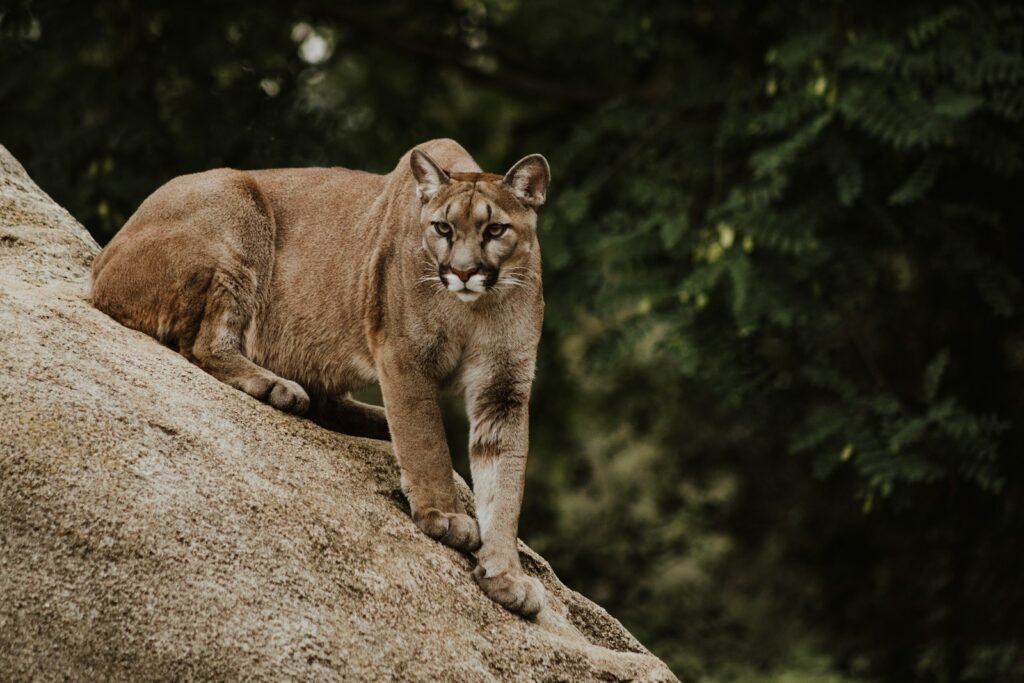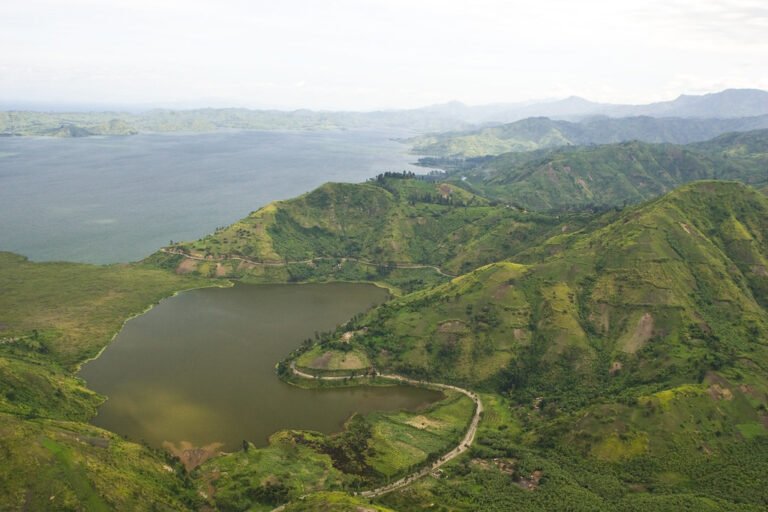
PORT ANGELES, Wash. — A family hike took a frightening turn this past weekend when a four-year-old was attacked by a mountain lion on a trail close to Victoria Overlook on Hurricane Ridge, a well-known spot in Olympic National Park. This incident has left both park visitors and wildlife experts feeling uneasy, as such attacks are quite uncommon.
According to park rangers, the child was walking with their family on the afternoon of Sunday, July 20, when a collared cougar suddenly lunged and bit the child without any warning. Emergency responders from Clallam 2 Fire-Rescue and park staff quickly arrived at the scene and transported the child via LifeFlight to a Level 1 Trauma Center in Seattle, where they are currently receiving treatment.
Park officials have chosen not to disclose any identifying information about the victim in order to respect the family’s privacy. The current condition of the child has not been shared with the public.
Cougar Located and Euthanized
After the incident, rangers initiated a swift search for the mountain lion. A canine tracking team became involved in the effort around 5 p.m. on Sunday. The cougar was located later that night and was humanely euthanized by rangers the following morning.
Authorities verified that the cougar was equipped with a GPS collar, indicating it was part of a wildlife monitoring project. The remains of the animal are currently under examination as part of an ongoing investigation into the attack.
“There are no current threats to the public,” the National Park Service said in a press release. However, park rangers are continuing to investigate the circumstances surrounding the incident.
A Rare, Frightening Encounter
After the incident, rangers initiated a swift search for the mountain lion. A canine tracking team became involved in the effort around 5 p.m. on Sunday. The cougar was located later that night and was humanely euthanized by rangers the following morning.
Authorities verified that the cougar was equipped with a GPS collar, indicating it was part of a wildlife monitoring project. The remains of the animal are currently under examination as part of an ongoing investigation into the attack.
Park officials reminded the public of cougar safety tips:
- Never approach a cougar.
- Stay calm, face the animal, and speak firmly.
- Pick up small children or pets immediately.
- Make yourself appear larger by waving your arms or opening your jacket.
- Back away slowly — never run.
- If the animal acts aggressively, fight back with everything you have.
Olympic National Park is home to a small but stable population of Puma concolor, commonly known as the cougar. Males can weigh up to 150 pounds and stretch over 8 feet long from nose to tail. Despite their size, they are quiet, solitary, and remarkably stealthy—earning them the nickname “Ghost Cats.”
They prefer forested and mountainous terrain and are rarely spotted, even by seasoned hikers. But signs of their presence — scratch marks, paw prints, and scat — are common along backcountry trails.
Wildlife experts stress that cougars are crucial to the health of the park’s ecosystem. By managing the populations of grazing animals like deer and elk, cougars help preserve the park’s vegetation, reduce soil erosion, and support overall biodiversity.
Moving Forward
Park authorities continue to monitor the area for unusual animal behavior and are working to determine what may have triggered this rare attack. In the meantime, extra signage and ranger patrols will be deployed along popular trails near Hurricane Ridge.
This attack serves as a sobering reminder of the wildness that still thrives in Olympic National Park. Rangers encourage all visitors to stay alert, travel in groups, and report any wildlife sightings or unusual animal behavior immediately.
If you have any information about the attack, please contact the NPS tip line at 888-653-0009 or email nps_isb@nps.gov.
Stay safe, stay aware — and remember, when we visit wild places, we’re guests in the animals’ home.
No layout selected.


